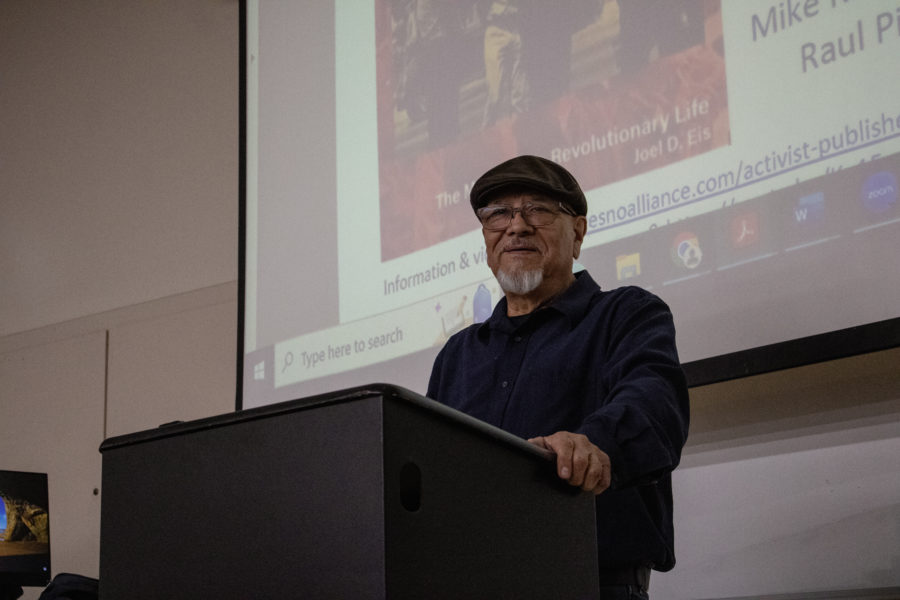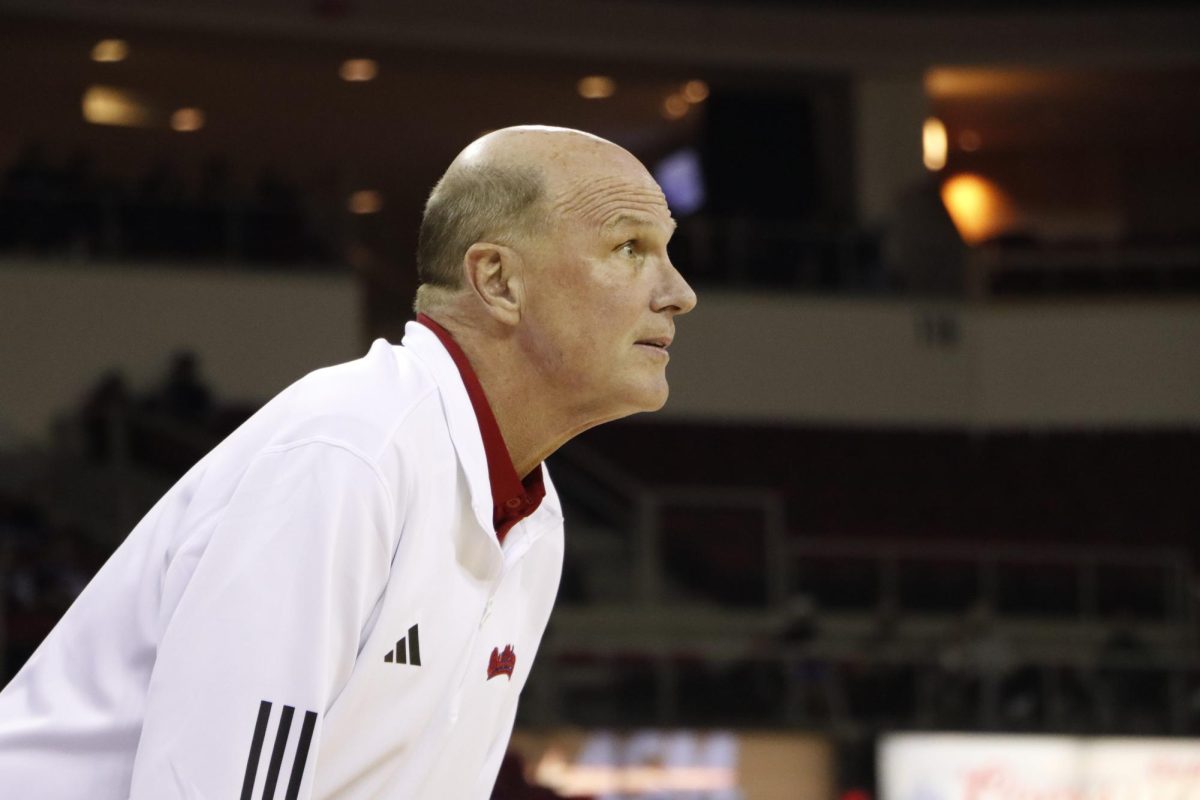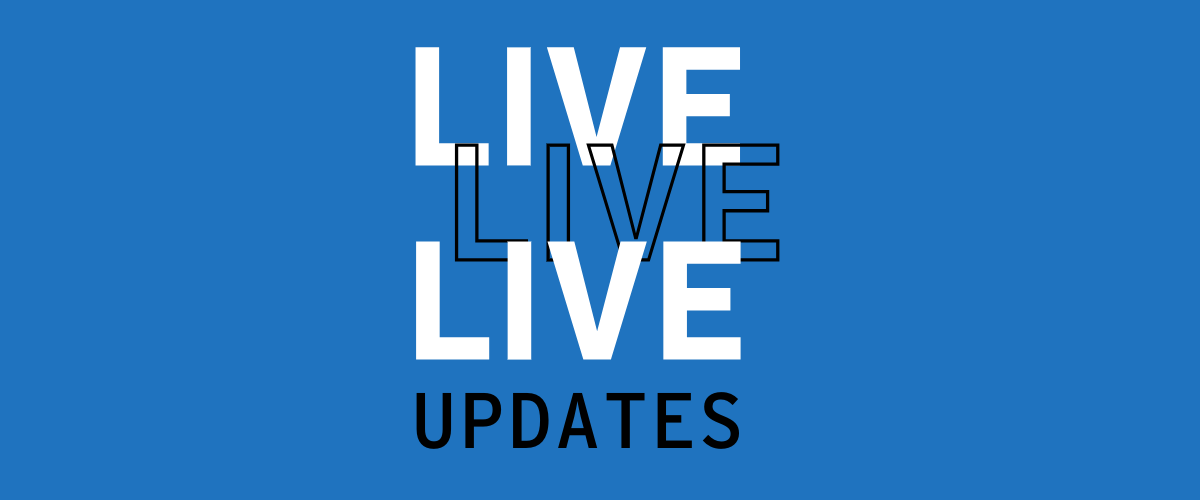Panelists recount their experiences resisting the Vietnam War draft
Mar 7, 2023
On March 3, Fresno State held a panel discussion about Fresno’s movement to stop the draft during the Vietnam War.
The event was hosted by Matthew Jendian, a Fresno State sociology professor, and was organized and supported by The Community Alliance newspaper.
Joel Eis, author of “Standin’ in a Hard Rain” was one of the speakers, along with Mike Rhodes and Raul Pickett, two anti-war activists.
Each panelist shared his journey of things they encountered during the era of the Vietnam War.
Eis spoke about how he moved to Fresno when he was around 15-years-old, detailing the racial injustices and emerging anti-war activist groups.
“My experience with racism and racial prejudice in the present was not abstract because it’s something that I read about as a college person. It’s a personal experience,” Eis said.
Eis was present at the San Francisco State strike fighting alongside fellow resisters.
“I found myself at San Francisco State during the strike in 1968, the biggest most violent strike of any college in the United States,” Eis said.
At the strike, he witnessed his Fresno State philosophy professor in police custody. Eis said the professor recognized him and told him, “I see you got the point of the philosophy lectures.”
From there, Eis went back to Fresno where he integrated himself more into campus and took on an activist role.
During that time, the community of Fresno was hearing about the war going on through the news and ancestry relatives. The news portrayed the gruesome stories of the mass killings and blood baths that were ongoing, he said.
“By the end of the war, there were 58,000 U.S. soldiers killed. There were a million Vietnamese that died in that war. It was horrific. You’d see it every night on the news,” said Rhodes, who is also the author of “Dispatches from the War Zone” and director of the Community Alliance newspaper.
Rhodes explained that no one knows the reality of the bloodbath that happened unless they were there. He explained that he was so opposed to the draft that he refused to register at the age of 17 and moved to Canada, despite knowing that refusal to register for the draft carried an automatic five-year jail sentence. Rhodes strongly believed that going to Vietnam was not going to make the world a better place.
The panel ended with a Q&A.
When asked how they decided to refuse induction, each of the speakers agreed that resisting was not a choice, it was something they had to do.
“Well, generations gave me the courage. They refused induction, and when it came down to me, I had no choice. The fact that I influenced others, and they made a decision, I had no choice,” said Pickett.
Refusing induction wasn’t easy, but it was through generational strength that people gained the courage to stand up and say no, they said.
The panelists were also asked what was the most important thing when fighting against the war.
Eis responded, explaining that what they were fighting for was one of the most important things when it came to anti-war movements.
“If you are not clear about what you are fighting for, people will be burnt out.” Eis told the audience.









Joel D.Eis • Mar 9, 2023 at 8:51 pm
Jazmin did a great job of reporting on this event. Wish there were more students there!